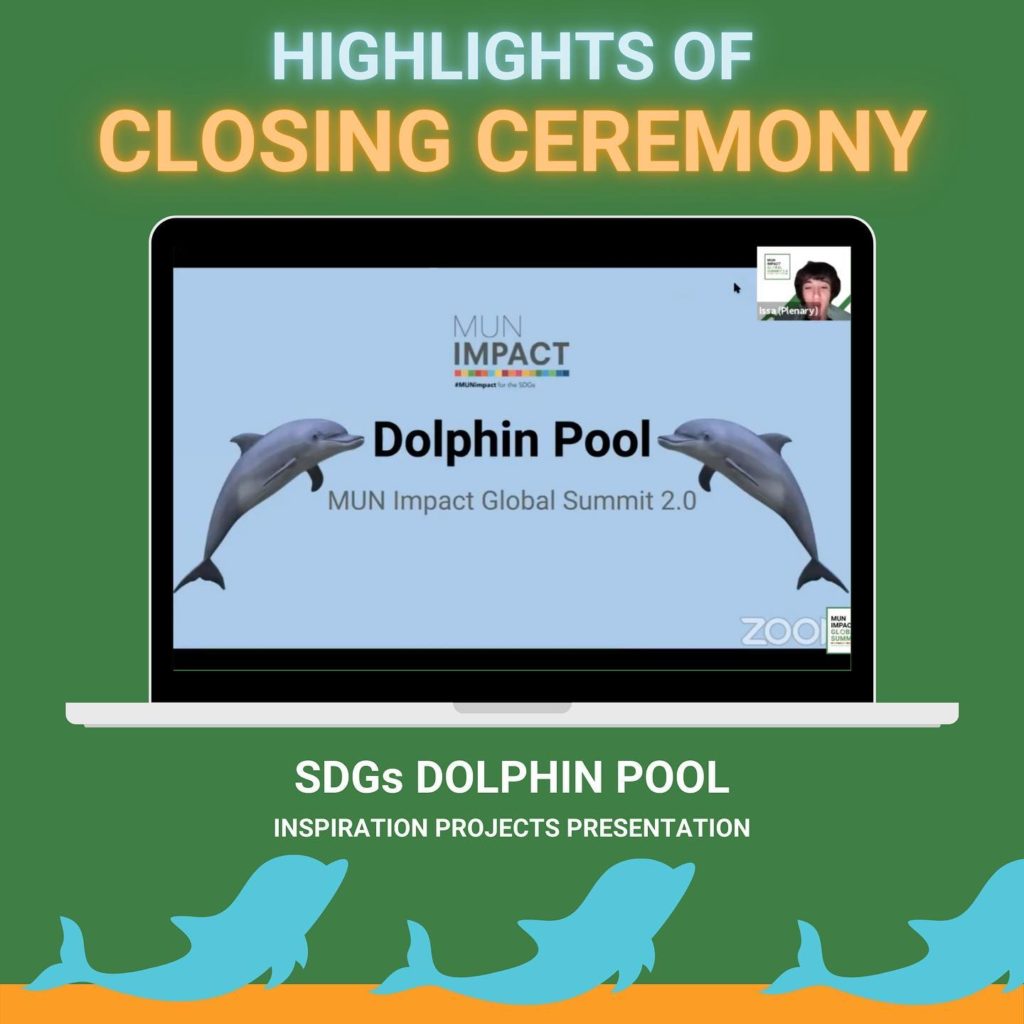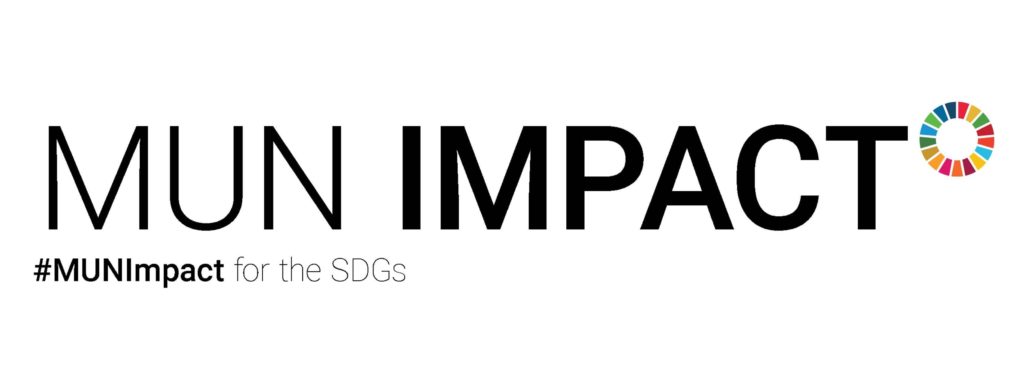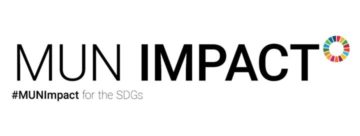
By William Weston
–
On Sunday, the Closing Ceremony of the MUN Impact Global Summit 2.0 and yet another excellent plenary session commenced, starting off with an insightful presentation by Sergio Fernandez de Cordova, the founder and Chairman of PVBLIC Foundation. Born in Peru but grown up in the USA, from the age of 12, Sergio has been an entrepreneur and since then has had engagements with the White House and the United Nations. In his presentation he highlighted the benefits and the importance of using technology and digital platforms, such as Twitter and YouTube, to promote our messages and to communicate with others. When asked about how we should try to tackle corruption in our governments, pointing in particular to South America, Sergio told us that we should not give on the governmental systems in our countries, but rather take action in an attempt to change it. He told participants that it is our job to “build tomorrow today”. In addition, when asked about the power that adults have in decision making, he told attendees that “youth need to be part of the conversation”. He also added that we need to create a dialogue with adults to hear what they really care about.
Following an insightful presentation into Sergio’s work, attention quickly shifted to the inaugural Dolphin Pool event. This was following the SDG Sandbox event that took place on Saturday, where participants had the chance to develop action projects over 12 workshops, all focusing on different SDGs. It was during the Dolphin Pool event that select participants were given the chance to present their new initiatives in front of a panel of five judges. This panel consisted of: Paul Johnson (CEO at 1337 Digital in West Sussex, United Kingdom); Peter Cameron-Burnett (CEO at FunnelRepublic in Devon, United Kingdom); Alix Tregenza (Educator in Bilbao, Spain); John-Paul Parmigiani (CEO & Co-founder at Impact Hub New York Metropolitan Area in New York City, USA); and the Closing Ceremony’s keynote speaker, Sergio Fernandez de Cordova.
The Dolphin Pool session, a more constructive take on the hugely popular and highly competitive ‘Shark Tank’ television franchise, was host to creative and innovative ideas which were presented by teams of participants, all focusing on a certain area covered by the SDGs. For example, a project aimed at tackling SDGs 1 and 2 (No Poverty and Zero Hunger) which would involve collaboration between food chains and food delivery services to provide free food to the vulnerable and those who wouldn’t alternatively have access to it was suggested by a group of three participants. Another group suggested swapping out plastics in ice cream parlors with cloth bags in support of SDG 13 (Climate Action). Finally, a project aimed to help SDGs 14 and 15 (Life below water and Life on land) plans to plant mangrove trees in order to improve coastal ecosystems in a scheme called Mangroves for Man.
It was truly inspiring to hear eager participants pitch solutions to some of the world’s most pressing issues in teams with people from around the world who they had not even met until 24 hours before the Dolphin Pool event. It is sessions like these that highlight the true collaborative and international fabric that makes MUN Impact and its events, such as the Summit, the melting pot of ideas and inspiration that leads to Impact in our communities, wherever we are in the world.

